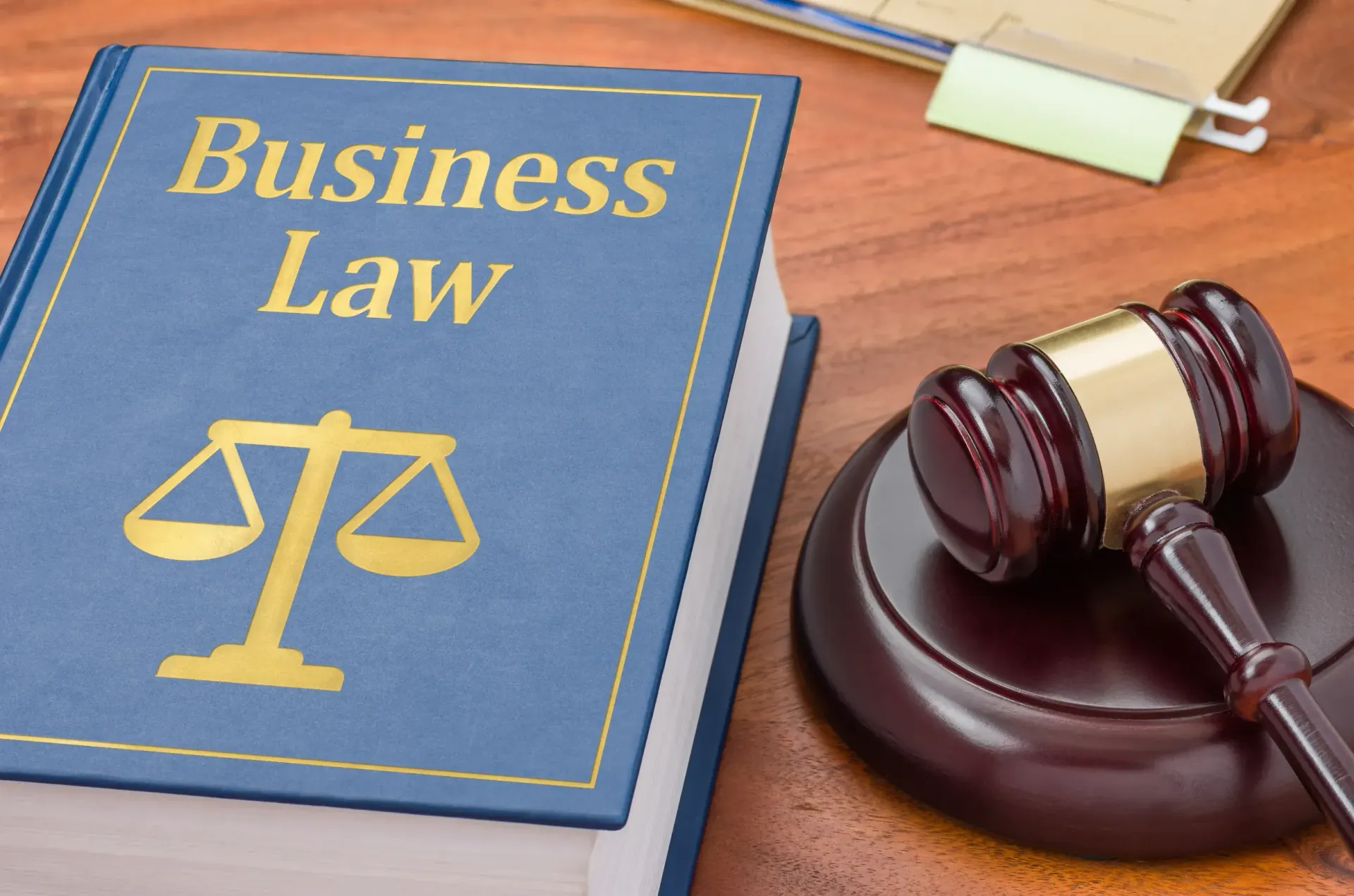Contact Us
Phone: 786-542-5348
Location
150 Se 2nd Ave
Suite 710
Miami, FL 33131
Hours
- Mon - Fri
- -
- Sat - Sun
- Closed
Call Now For A Consultation: 786-542-5348
Easement Disputes In Florida
EASEMENT DISPUTES IN FLORIDA
Dealing with easements in Florida is anything but easy. Many easements were written years ago and, as a result, they are not models of clarity. And even when an easement is clear, current owners are often reluctant to honor deals struck by their predecessors. Determining the scope of existing easement rights, and determining the property means of enforcing any such rights, is a task that should be overseen by an experienced attorney.
WHAT IS AN EASEMENT
An easement is the right to cross or otherwise use someone else’s land for a specified purpose, such as to ingress and egress to and from your own land. Easements can be expressly granted (i.e., pursuant to a deed or other written agreement) or implied by the circumstances, such as by the necessity of use. Of course, though easements may arise in different ways, easements are easiest to enforce in court when they are expressly granted, in writing, by the owner of the land over which the easement crosses.
Easements can be classified as affirmative or negative. An affirmative easement grants the easement holder the right to use or cross someone else’s property. For instance, an affirmative easement may allow the owner of a landlocked parcel to access his property by crossing a specified portion of his neighbor’s land. A negative easement, on the other hand, prohibits the owner of a parcel from doing something on his own property, such as erecting a tall building.
It is important to note that an easement cannot exist between two parcels of land owned by the same person, so easements created while two separate parcels were under common ownership may be subject to attack.
TYPES OF EASEMENTS
Florida law recognizes several different types of easements, including the following:
- Easements Appurtenant allow the easement holder (the dominant estate) to use an adjoining piece of land (the servient estate), and it continues in force and effect regardless of the ownership of the land.
- Easements in Gross are personal interests in the land of another, benefit a particular individual or a business entity, and are not related to a specific adjacent parcel, such as utility easements.
- Easements by Implication may be established by historical use of property.
- Easements by Necessity allow owners of landlocked property to use specified portions of an adjacent parcel to enter and exit their property.
- Conservation Easements are express agreements to limit further development of property or maintain the existing uses of the land.
- Prescriptive Easements are created by long-term use or enjoyment, similar to the concept of adverse possession. To obtain a prescriptive easement, the party claiming the easement must demonstrate that, for at least twenty years, it has openly and continuously used the easement in a manner that conflicts with the landowner’s exclusive use.
LITIGATING EASEMENT DISPUTES
Regardless of how an easement arises, the existence and/or scope of a party’s right to cross its neighbor’s property are often disputed. Adjoining landowners regularly disagree about whether an enforceable easement exists and, when they do agree that an easement is in place, they often have differing interpretations about the scope of the easement holder’s rights. For instance, does an easement over a twenty-five-foot parcel of land allow the easement holder to use the entire twenty-five-foot parcel or can the easement holder’s use be limited to a specific portion of the specified twenty-five-foot area? This question alone has been the subject of countless lawsuits.
When such disputes arise, it is important to engage an experienced attorney to analyze the specific terms of your easement and assess several important considerations, including (i) whether to bring a lawsuit to enjoin interference with the easement, (ii) whether to move the court for a temporary injunction during the pendency of the lawsuit, (iii) whether interference with the easement has caused any compensable damages, and (iv) whether to record a notice of lis pendens during the pendency of any lawsuit.
If you are involved in a dispute regarding an easement, contact the Law Offices of Moneyede Martin, P.A. today for help!
Disclaimer: This blog post is not intended to provide legal advice or suggest a guaranteed outcome of any particular dispute. Each case depends on its specific, unique facts. Though the blog post seeks to outline the general law, it does not endeavor to identify every rule or exception regarding the referenced topic. Nor does this post reflect any changes in law that have occurred since it was posted. Readers considering legal action should not rely on this blog post but, instead, should consult with an experienced lawyer to understand current laws and how they may affect the reader’s specific case. For legal advice on the information provided and related topics, please contact the author.



Schedule a Case Evaluation
Contact The Firm Now!
Homepage FCE Form
We will get back to you as soon as possible.
Please try again later.
By submitting this form, you agree to be contacted by the Law Offices of Moneyede Martin, P.A. law firm, either by phone, text or by email.
Practice Areas
Disclaimer: The information on this website is for general information purposes only. Nothing on this site should be taken as legal advice for any individual case or situation. This information is not intended to create, and receipt or viewing does not constitute an attorney-client relationship.
All Rights Reserved | Law Offices of Moneyede Martin, P.A. | Powered By Convert It Marketing | Privacy Policy
All Rights Reserved | Law Offices of Moneyede Martin, P.A. | Powered By Convert It Marketing | Privacy Policy





